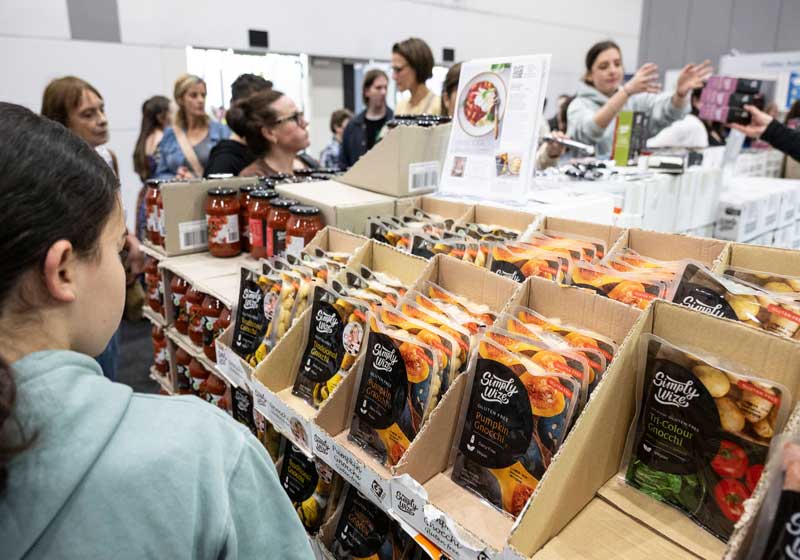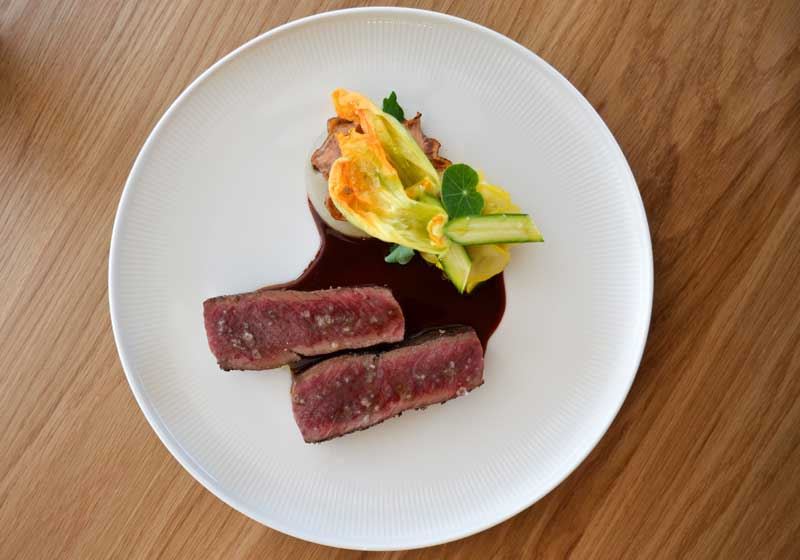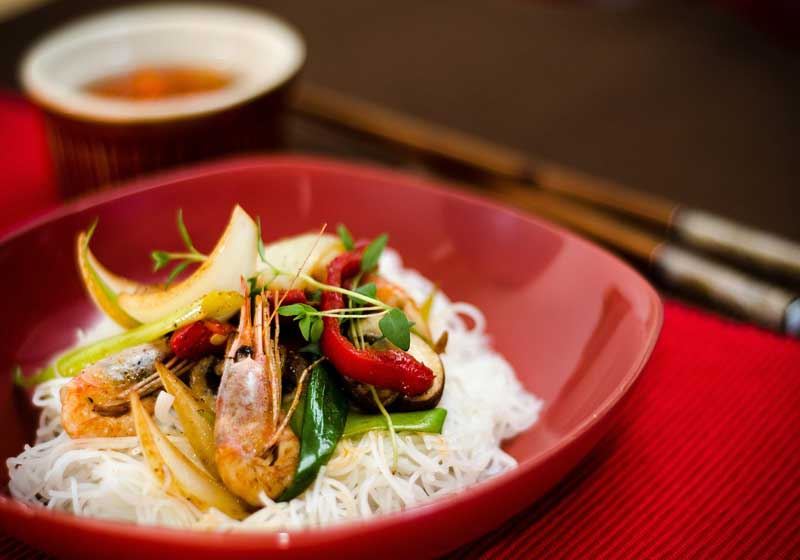By Leigh O’Connor.
Penny Dellsperger is an accredited practising Australian dietitian who not only specialises in coeliac disease – she also lives with it.
Involved with Coeliac Australia for more than 12 years and involved in food regulation and resource development, Penny provides an advisory service to members, the food industry and health professionals.
For the first time since 2022, Coeliac Australia is bringing the Gluten-Free Expo back to Brisbane from March 15-16 at the Convention and Exhibition Centre as part of Coelia Awareness Week.
Penny is one of several leading expert dietitians, gastroenterologists, Chefs and authors offering advice on gluten-free living, coeliac disease management and easy cooking tips.

We chatted to Penny about why it is important for those with coeliac disease to remove gluten from their diet along with her top tips for living with the condition:
"Coeliac disease is an immune-based condition in which the body responds abnormally to gluten in the diet, causing systemic inflammation and small bowel damage. The only treatment for coeliac disease is a strict gluten-free diet… removing gluten from the diet allows inflammation to resolve and the damage to the small bowel to heal,” she explains.
If coeliac disease remains undiagnosed and untreated, not only can quality of life be impacted by various symptoms (including gastrointestinal symptoms, lethargy, mouth ulcers etc), but there is also a real and significant risk of health complications like osteoporosis, fertility issues, liver disease, increased risk of other autoimmune conditions and even some types of cancer.
Penny says a timely and correct diagnosis is vitally important to ensure the best long-term health outcomes.
"Advice from a specialist dietitian is invaluable and can greatly enhance the enjoyment to be had from a gluten-free lifestyle.”

What unexpected foods or products often have ‘hidden’ traces of gluten in them?
Common and more obvious sources of gluten include normal bread, pasta, pastry, breakfast cereals, pizza bases, biscuits, cakes etc. Gluten-free ‘versions’ of these foods are now readily available.
"Gluten can also be found in other processed food products such as sauces, gravies, confectionery, stuffing, snack foods etc. For those with coeliac disease, anything that is ingested (food, drink, oral medications and supplements) must be checked for gluten…Thankfully, the food legislation in Australia requires the presence of gluten-derived ingredients to always be declared,” Penny says.
When looking at packaging, what should you be looking for to indicate it’s safe for coeliacs to eat?
The ability to read and interpret food labels and ingredient lists is an essential skill for someone with coeliac disease.

Here are some tips to work out whether something is suitable for you:
•Choose unprocessed and naturally gluten-free foods (whether you have coeliac disease or not, these are the foods your diet should be based on) e.g. fresh fruit and vegetables, unprocessed meats, eggs, nuts and legumes, milk and gluten-free grains.
•Look for a ‘gluten-free’ claim: products that make a ‘gluten-free’ claim must contain ‘no detectable gluten’.
•Look for the Coeliac Australia’s Endorsement Logo: these products have been reviewed and approved by Coeliac Australia as part of our endorsement program and are suitable for a gluten-free diet.
•Check the packaging to confirm that a product has no gluten-derived ingredients: some foods are suitable because they do not contain ingredients from gluten. If an ingredient is derived from a gluten-containing grain i.e. wheat, rye, barley or oats, then this must be declared on the packaging.

What are your favourite healthy, gluten-free snacks?
Penny says the best advice is to go back to basics. Great snack choices include:
•A piece of fruit,
•A palmful of nuts.
•Gluten-free yoghurt.
•Veggie sticks and gluten-free hummus.
•Gluten-free corn thins and avocado.
For the expo schedule and to get tickets, click here.









